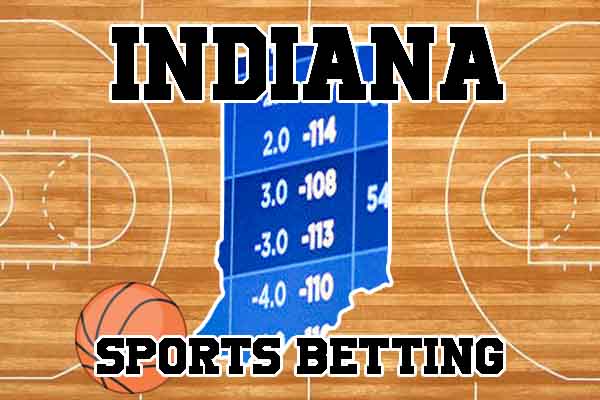Lawmakers in the Hoosier State are pushing ahead with legalizing sports betting and hope to have sportsbooks launched before this time next year.
This week, the Indiana General Assembly introduced sports betting legislation that would allow Indiana sportsbook operators to become licensed in the state and offer in-person, online, and mobile sports wagering services.
If passed in its current form, HB 1363 would go in effect on July 1 and would authorize sports wagering at “riverboats, racinos, and satellite facilities.”
Operators seeking a sportsbook license could begin the application process on Oct. 1, and if approved, operators can launch their offerings and products for sports betting on Jan. 1, 2020.
HB 1363 was introduced by representative Alan Morrison as a companion bill to SB 439 from Senator Jon Ford and has been referred to the Committee on Public Policy. Below is a quick rundown of everything you need to know on the Indiana sports betting bill.
Summary of HB 1363: Indiana Sports Betting Bill
If passed: Licensed operators would be allowed to run in-person, online, and mobile sportsbooks in Indiana.
Restricted sports: There are currently no restrictions for pro or college sports, and both will be allowed to see action.
Launch: The legislation would go into effect on July 1, and the application process would start on Oct. 1 for those seeking a license. The first licensed sportsbooks are expected to launch on Jan. 1, 2020.
Location: Sportsbooks would be operated from riverboats, racinos, and satellite facilities across the state.
Overseen by: The Indiana Gaming Commission will oversee sports betting in the state and have the authority to issue licenses to applicants.
License cap: The bill does not limit the number of sportsbook operating licenses an applicant can have.
Registration: SB 439 requires sports bettors that mobile devices to complete an in-person registration when signing up. HB 1363 does not.
Official league data: Operators are not required to use official league data to grade winning wagers.
Tax rate: Gross revenue from in-person sports wagering would be taxed at 6.25 percent. The language of the bill does not currently include tax rates for online and mobile betting.
Licensing fee: An initial $75,000 is required to begin the application process with a $10,000 administration fee required to renew the license each year.
Integrity fee: No fees are required to be paid to any sports league.
Directed Funds: The Indiana Division of Mental Health and Addiction will receive $100,000 each year. The rest of the tax revenue generated from licensed operators will go to the state’s general fund and cost to oversee sports betting.
Studies: In 2018, the Indiana Gaming Commission signed a two-year deal with the market analysis firm Eilers & Krejcik Gaming LLC to conduct studies on sports betting.
Estimated revenue: In the fiscal note attached to HB 1363, it estimates that Indiana could generate between $2.2 million and $13.3 million in tax revenue from sports betting during the 2021 fiscal year.

